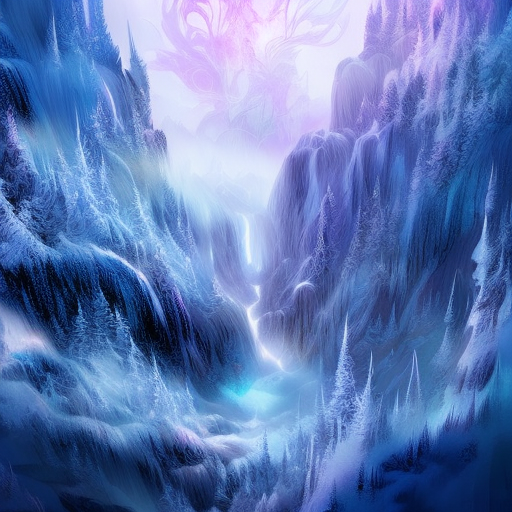Snow: A Summary
One-line summary: “Snow” is a thought-provoking novel by Orhan Pamuk that explores the clash between East and West, secularism and religion, through the lens of a small Turkish town covered in snow.
In the small town of Kars, located in the remote eastern part of Turkey, a snowstorm isolates the town from the outside world. Ka, a poet who has been living in political exile in Germany, returns to Kars to investigate a series of suicides among young women wearing headscarves. As the snow continues to fall, Ka finds himself caught in a web of political intrigue, religious fervor, and personal turmoil.
The Clash of East and West
One of the central themes in “Snow” is the clash between East and West. Kars, a town caught between the traditions of the East and the influence of the West, serves as a microcosm for the larger conflict between secularism and religious fundamentalism in Turkey. The characters in the novel grapple with their identities and the tension between modernity and tradition. Ka, the protagonist, embodies this conflict as he struggles to reconcile his Western education and secular beliefs with his Turkish heritage.
Religion and Politics
Religion and politics are deeply intertwined in “Snow.” The novel explores the rise of political Islam in Turkey and the impact it has on the lives of the people in Kars. The headscarf issue, which symbolizes the clash between secularism and religious conservatism, becomes a catalyst for the events that unfold in the town. Pamuk delves into the complexities of religious belief and the ways in which it can be manipulated for political gain. He also examines the role of the state in regulating religious expression and the consequences of such control.
Love and Longing
Amidst the political and religious turmoil, “Snow” also explores themes of love and longing. Ka becomes infatuated with Ipek, a beautiful woman he meets in Kars, and their relationship becomes a source of hope and despair. The novel delves into the complexities of love and the ways in which it can be both transformative and destructive. Ka’s longing for Ipek and his desire for connection and meaning in a chaotic world drive the narrative forward.
Key takeaways from “Snow”:
- The clash between East and West is a recurring theme throughout the novel, highlighting the tension between tradition and modernity.
- Religion and politics are deeply intertwined, with the headscarf issue serving as a catalyst for the events in Kars.
- The novel explores the complexities of love and longing, showcasing how they can both uplift and torment individuals.
In the words of Orhan Pamuk: “To be loved, Ka realized, was to be both seen and forgiven.”
In “Snow,” Orhan Pamuk masterfully weaves together themes of East versus West, religion and politics, and love and longing. Through his vivid storytelling, he invites readers to reflect on the complexities of identity, the power of belief, and the universal human desire for connection.












